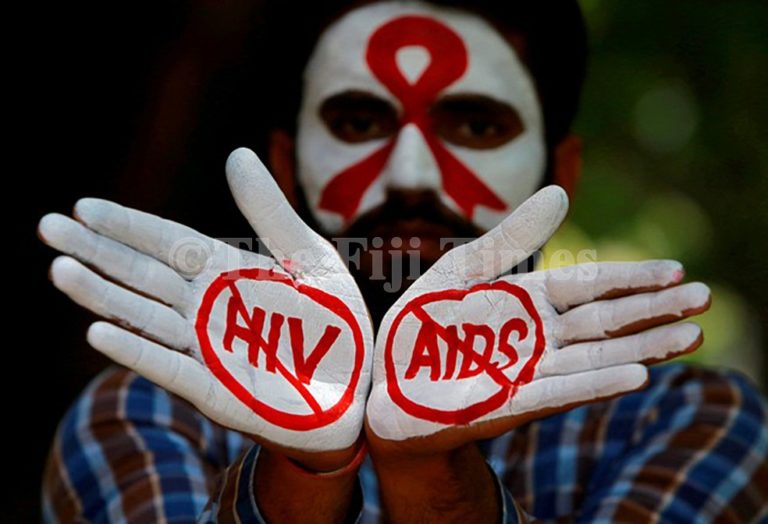A disturbing trend is fuelling our HIV crisis.
That’s according to Minister for Health Dr Atonio Lalabalavu who believes the high number of HIV positive Fijians recorded by the ministry may only be a fraction of the real number of cases in the community.
According to the ministry, 415 cases were reported in 2023.
While it is a firm reminder for us about the high number of cases now, a risky practice called ‘bluetoothing’ is spreading HIV and other serious health issues among drug users.
Dr Atonio highlighted this in Parliament yesterday, as he outlined some of the work that Government planned to do to fight the disease.
Bluetoothing involves sharing a syringe filled with diluted methamphetamine between multiple people.
It is risky and can transmit diseases like HIV, Hepatitis B and C, and bacterial infections.
Sharing needles with unhygienic practices can also lead to severe infections directly in the bloodstream.
Dr Lalabalavu emphasised the dangers of bluetoothing and urged injecting drug users to avoid this practice altogether to protect themselves from immediate and long-term health risks.
There can be no doubts about fact that we need a multi-pronged approach to effectively deal with the HIV challenge. Statistics from the ministry suggest HIV positives cases show a near doubling of new cases diagnosed each year from 2021, 2022, and 2023.
It is anticipated this trend will continue in 2024.
On the global front, the World Health Organization says an estimated 39 million people were living with HIV at the end of 2022 and 1.5 million were children (0–14 years old). It said 1.3 million people became newly infected with HIV in 2022.
Back to the home front, the revelation that the numbers in Fiji may only be a fraction of the real number of HIV positive cases is a concern.
This is made worse by drug abuse.
Fighting HIV must now involve those engaged in the war against drugs.
The sharing of needles is a serious challenge.
In the face of the revelation in Parliament, we again raise the issue of rehabilitation for those who want to come out of addiction.
It will need specialised care by a team of health professionals who understand the impact of addiction and the processes that include withdrawal symptoms.
We reflect on connections between drug abuse and HIV and urge people to be engaged.
Public health initiatives should focus on encouraging HIV testing. We should also encourage easy access to confidential services if we want to raise our detection rate. So let’s strive for early detection.
Aside from support programs, addiction treatment and rehabilitation services can empower people to overcome drug dependence and make healthier choices.
Our fight against HIV cases requires a united effort.
The Government, healthcare professionals, the vanua, religious bodies, and civil society organisations must work together for the sake of our people.
It does not remove the fact that we all should be engaged!






